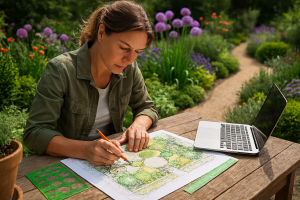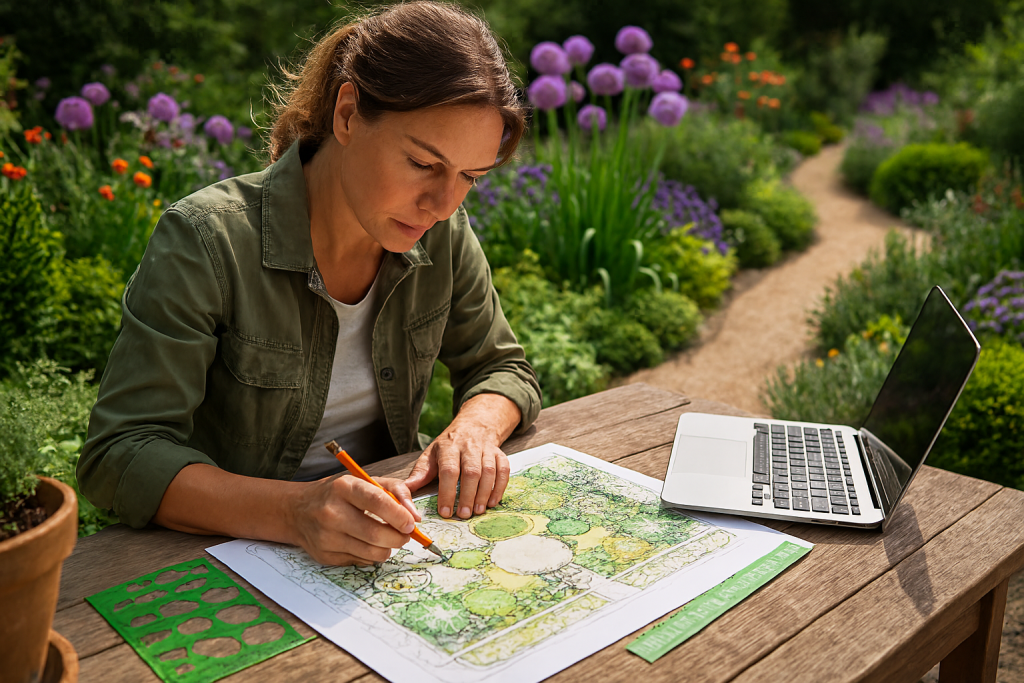Looking to introduce your child to the world of music? Wondering what instrument would be the perfect fit for their first foray? Look no further! In this article, we’ll explore the benefits of music education for children and help you navigate the factors to consider when choosing their first instrument. Whether it’s the classic piano, the elegant violin, the versatile guitar, or the rhythmic drums, we’ve got you covered. Let’s find the best first instrument that will ignite your child’s musical journey!
Benefits of Music Education for Children
One of the key benefits of music education for children is that it can enhance their cognitive abilities. Learning to play an instrument requires focus, concentration, and memory, all of which help to strengthen cognitive skills. As children engage with music, whether by learning to read sheet music or by memorizing melodies, they are exercising their brains in a unique way that promotes cognitive development.
Music education also plays a significant role in social development. When children participate in music classes or ensembles, they have the opportunity to collaborate and work together with their peers. They learn to listen, communicate, and cooperate, which are essential skills for social interactions. Playing music in a group setting also fosters a sense of belonging and encourages teamwork, as children learn to synchronize their playing and follow a conductor’s cues.
Furthermore, music education has been shown to improve academic performance. Studies have found a positive correlation between music education and higher scores in subjects such as math and language. Learning music involves counting, rhythm, and understanding musical notation, which reinforces mathematical concepts. Additionally, playing an instrument requires reading and interpreting sheet music, which improves language skills and comprehension.
Factors to Consider When Choosing an Instrument
When choosing an instrument for your child, it is important to consider several factors that can help determine the best fit for their individual needs and preferences. One of the first factors to consider is the age appropriateness of the instrument. Younger children may find it easier to start with simpler instruments such as the piano, ukulele, or recorder, while older children may have the dexterity and strength to handle more complex instruments like the guitar or violin.
Another factor to consider is the cost and accessibility of the instrument. Some instruments, like the piano or drum set, can be quite expensive and require a significant financial investment. Additionally, certain instruments may be harder to find or require specialized instruction, which could limit accessibility for your child. It is important to factor in the cost of lessons, maintenance, and any additional equipment or accessories that may be needed.
Piano: A Classic Instrument for Beginners
If your child has shown interest in music and is ready to start learning an instrument, the piano is a classic choice that provides a solid foundation for beginners. Piano lessons offer numerous benefits for young musicians, making it an excellent instrument to start with. One of the advantages of learning the piano is that it helps develop essential skills such as hand-eye coordination, finger dexterity, and a sense of rhythm. These skills are not only beneficial for playing the piano but also transferable to other instruments.
Another great aspect of learning the piano is the availability of beginner piano songs. Many popular songs can be simplified and adapted to suit the skill level of beginners. This allows your child to play their favorite tunes and feel a sense of accomplishment right from the start. Learning these songs helps build confidence and keeps your child motivated to continue their musical journey.
Moreover, the piano offers a visual representation of music. The keys on the piano are arranged in a logical and linear way, making it easier for beginners to understand music theory and note reading. This understanding can later be applied to other instruments as well.
Violin: Developing Fine Motor Skills and Ear Training
To continue building essential skills and a strong musical foundation, consider the violin as another excellent choice for your child’s first instrument. Learning to play the violin not only allows your child to express themselves creatively, but it also helps develop fine motor skills and ear training.
Playing the violin requires intricate finger movements and precise bow control, which can greatly improve your child’s fine motor skills. As they practice placing their fingers on the correct notes and maneuvering the bow across the strings, they will develop dexterity and coordination in their hands. These skills can carry over into other areas of their life, such as handwriting or playing sports.
Furthermore, the violin is an instrument that heavily relies on ear training. By learning to play the violin, your child will develop a keen sense of pitch and tone. They will learn to listen carefully to their own playing and make adjustments to produce the desired sound. This ear training can greatly benefit their overall musicality and help them excel in other areas of music theory.
In addition to fine motor skills and ear training, playing the violin also promotes discipline, focus, and perseverance. Learning to play this complex instrument requires dedication and practice, which can instill important life skills in your child.
Guitar: Versatile and Popular Choice for Kids
You’ll find that the guitar is a versatile and popular choice for kids as their first instrument. Not only does it offer a wide range of musical possibilities, but it also helps develop important skills such as hand-eye coordination and finger dexterity. The guitar is a great instrument for children to start their musical journey with.
As shown in the table above, the guitar offers several advantages for young learners. First, it is a string instrument, which means that children can learn about pitch and melody early on. This helps develop their ear training skills, allowing them to recognize different notes and play them accurately. Second, the guitar is a portable instrument, making it easy for children to take it anywhere and practice whenever they want. This helps foster a sense of independence and discipline. Third, the guitar can be played in various genres of music, from classical to rock to pop. This versatility allows children to explore different styles and find their own musical preferences.
If you’re considering musical instruments for toddlers, the guitar is a fantastic option. It offers a similar playing experience to the ukulele, which is often recommended for young children due to its small size and simplicity. However, the guitar provides a wider range of musical possibilities and can grow with your child as they progress in their musical journey.
Drums: Rhythm and Coordination Development
One important option to consider for your child’s first instrument is the drums, which offer an excellent opportunity for rhythm and coordination development. Learning to play the drums can be a fun and engaging experience for children, while also providing numerous benefits for their overall development. Here are four reasons why drums are a great choice for enhancing rhythm and movement, as well as hand-eye coordination:
- Rhythm and Movement: Playing the drums requires a strong sense of rhythm and timing. By practicing different beats and patterns, your child will develop a keen sense of rhythm and learn to move their body in sync with the music. This will not only improve their ability to keep time but also enhance their overall coordination.
- Hand-Eye Coordination: Drumming involves using both hands and feet simultaneously to create different sounds. This complex coordination between limbs helps improve your child’s hand-eye coordination and motor skills. As they learn to strike the drumsticks on different parts of the drum set, their brain and muscles work together to create a rhythmic beat.
- Focus and Concentration: Drumming requires focus and concentration to maintain a steady rhythm and keep track of different patterns. This can help your child develop their ability to concentrate for longer periods, which can be beneficial in other areas of their life, such as academics or sports.
- Self-Expression and Creativity: Playing the drums allows your child to express themselves creatively through music. They can experiment with different beats and rhythms, creating their own unique style. This freedom of expression can boost their confidence and encourage them to explore their creativity in other aspects of their life.



















